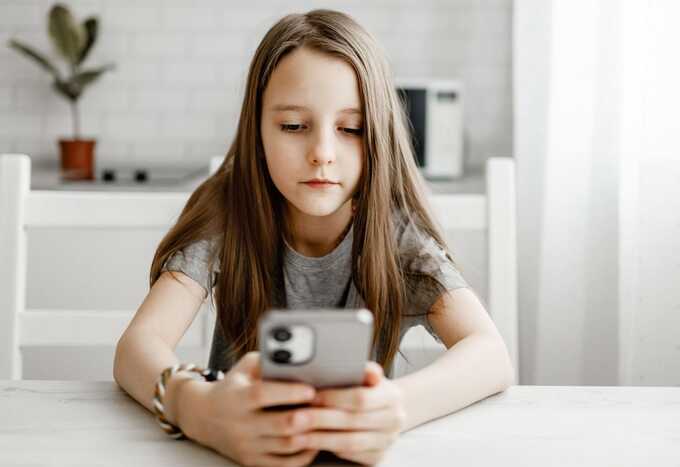Australia adopts groundbreaking law prohibiting under-16s from using social media, despite safety concerns

Bill passes amid warning that process has been rushed and that a ban could push teenagers towards the dark web or into isolation
Australia’s parliament has passed a law that will aim to do what no other government has, and many parents have tried to: stop children from using social media. The new law was drafted in response to what the Labor prime minister, Anthony Albanese, says is a “clear, causal link between the rise of social media and the harm [to] the mental health of young Australians.”
On Thursday, parliament’s upper house, the Senate, passed a bill by 34 votes to 19 banning children under 16 from social media platforms.
But academics, politicians and advocacy groups have warned that the ban – as envisioned by the government – could backfire, driving teenagers to the dark web, or making them feel more isolated. There are questions about how it will work in practice. Many worry that the process has been too rushed, and that, if users are asked to prove their age, it could lead to social media companies being handed valuable personal data. Even Elon Musk has weighed in.
The online safety amendment (social media minimum age) bill bans social media platforms from allowing users under 16 to access their services, threatening companies with fines of up to AU$50m (US$32m) if they fail to comply. However, it contains no details about how it will work, only that the companies will be expected to take reasonable steps to ensure users are aged 16 or over. The detail will come later, through the completion of a trial of age-assurance technology in mid-2025. The bill won’t come into force for another 12 months.
The bill also does not specify to which companies the legislation would apply, though communications minister Michelle Rowland has said that Snapchat, TikTok, X, Instagram, Reddit and Facebook are likely to be part of the ban. YouTube will not be included because of its “significant” educational purpose, she said.
The bill was introduced to parliament last week, with just three sitting days left on the parliamentary calendar. It received 15,000 submissions in a day. Among these was one from Amnesty International recommending that the bill not be passed because a “ban that isolates young people will not meet the government’s objective of improving young people’s lives”.
The number of responses increased dramatically, the Australian broadcaster ABC reported, after X owner Musk reposted a tweet by Albanese announcing that the bill would be introduced that day, writing, “Seems like a backdoor way to control access to the internet by all Australians.” Most of the submissions were a form response, the ABC reported, with fewer than 100 submissions made by interest groups.
Musk has clashed repeatedly with the Australian government this year over requests to remove graphic content and separate legislation aimed at tackling deliberate lies spread on social media platforms.
On Tuesday this week, the Senate’s environment and communications legislation Committee supported the bill but added the condition that social media platforms not force users to submit personal data, including passport information. It is unclear what methods social media companies would use to enforce age restrictions,
A YouGov survey released on Tuesday this week showed 77% of Australians backed the ban, up from 61% in an August survey. Each of Australia’s eight state and territory leaders supports the ban, though Tasmania’s leader suggested it end at 14. The federal opposition supports the bill, claiming it would have done it sooner – it has promised to have a ban in place within 100 days if it wins next year’s election.
But 140 experts have signed an open letter expressing their concern that the bill is “too blunt an instrument to address risks effectively”. Among their concerns are that it “creates even more risks for children who may still use platforms” and that bans “affect rights to access and participation”. Australia’s human rights commission has “serious reservations” about the ban, “given the potential for these laws to significantly interfere with the rights of children and young people”.
One of the authors of a UK study of 17,400 young people cited by the government in support of the ban said that the Australian government had “misunderstood the purpose and findings” of the research, Crikey reported.
“The voices of children and young people have been conspicuously missing from most of the debate and commentary,” Independent MP Andrew Wilkie wrote, in a piece for Guardian Australia explaining why he changed his mind, from supporting the ban to disagreeing with it.
Christopher Stone, the executive director of Suicide Prevention Australia, said in a statement: “The government is running blindfolded into a brick wall.
“Complex issues like this require careful consultation and consideration, not shortcuts. We urge the government to slow down and engage with stakeholders to ensure we get this right for young people.”
Read more similar news:
Comments:
comments powered by Disqus
































